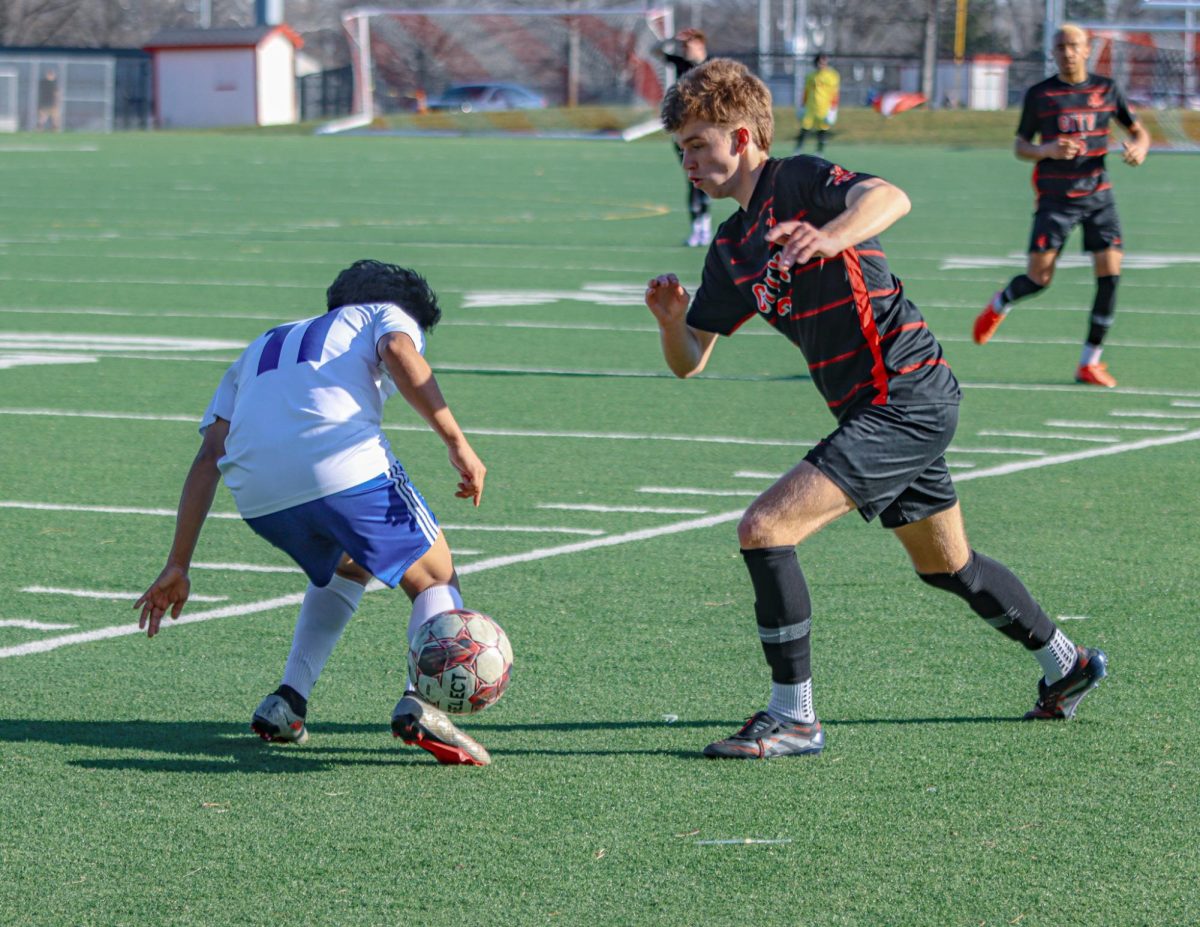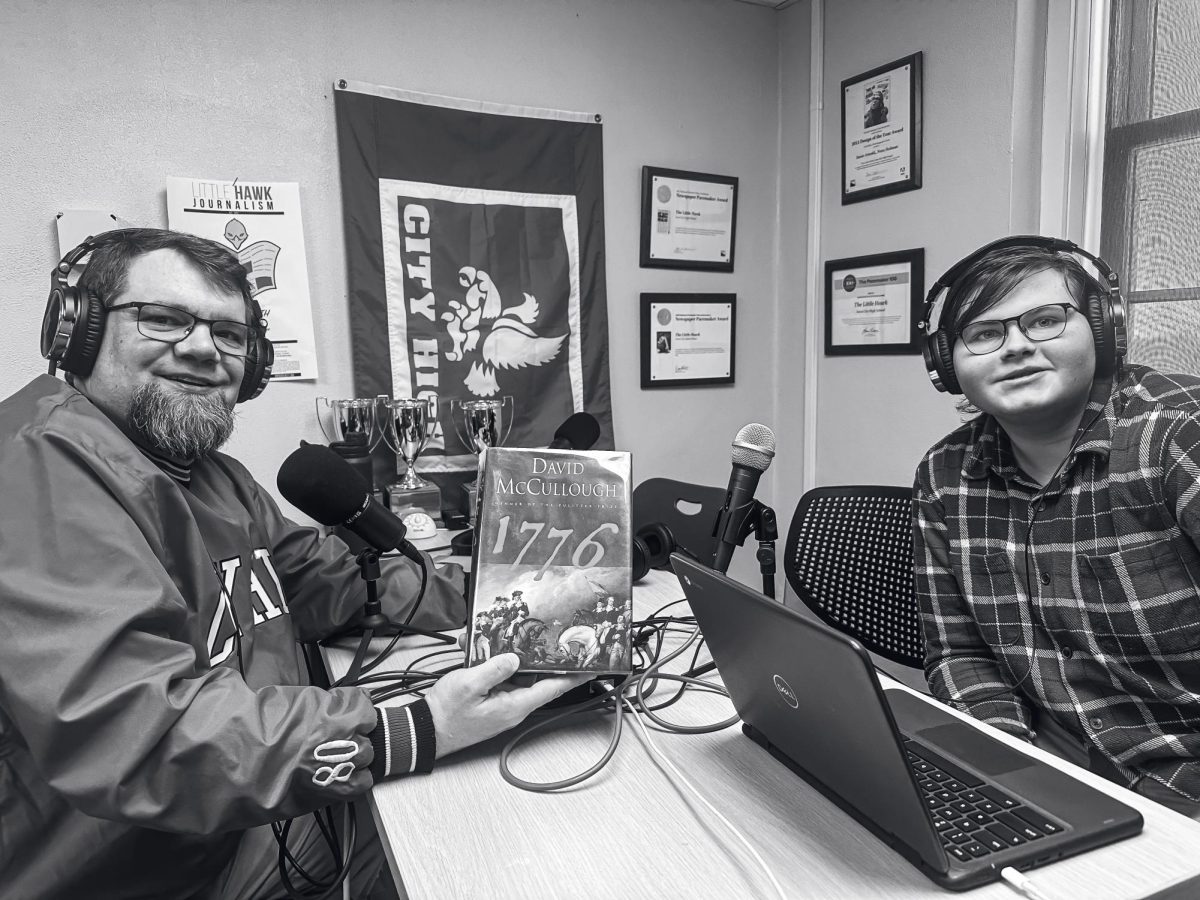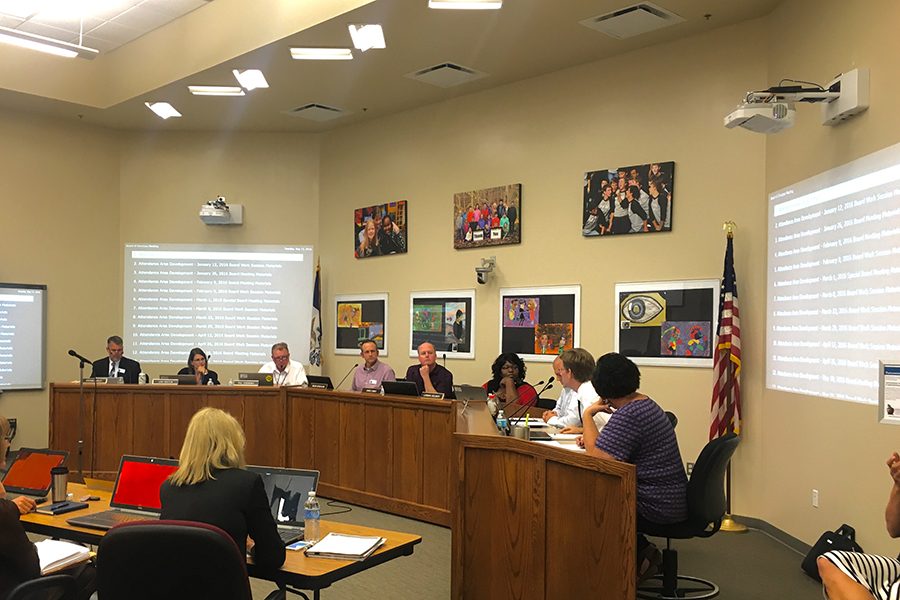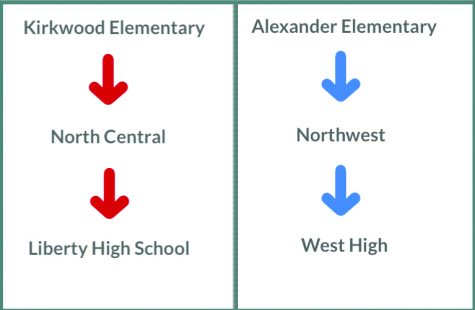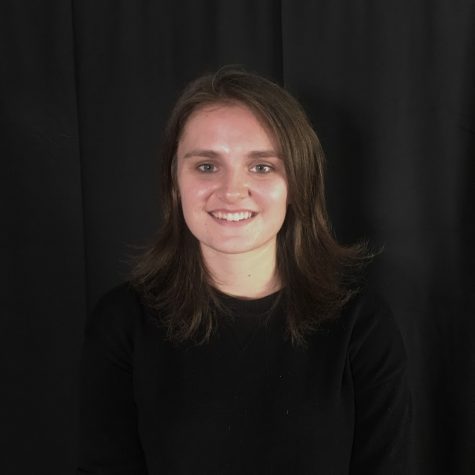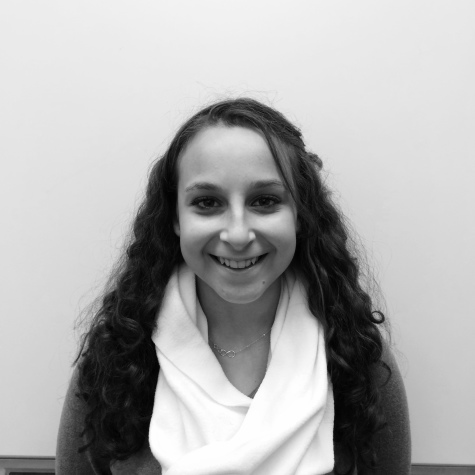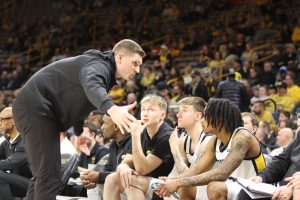New Secondary Boundaries Emphasize Diversity
September 28, 2016
The appearance of the Iowa City School District is rapidly changing. With the addition of a new high school, set to open in 2017, there comes the question of who will attend the $75 million dollar school. The debate regarding school boundaries can be brought down to geography and socioeconomic diversity in schools.
“The geography divides us up, and that’s why everyone looks at West High as the ‘rich’ school and City as the ‘ghetto’ school. Most people who don’t have as much money get viewed badly as poor,” Amelia Gordon ‘17 said. “I think they need to make more locations out by West High for people who don’t have as much.”
Socioeconomic diversity in the case of the school district is defined by the levels of students in the free and reduced lunch (“FRL”) program. In order to get students from low-income neighborhoods to schools throughout the district, promoting such diversity and busing accommodations will have to be made.
“Everyone performs better when there’s diversity regarding socioeconomic status,” Robin Fields, City High English teacher, said. “These students will be going to universities and jobs in a couple years where they’re going to be working with people of all kinds of diversities. To not teach them life skills as far as working with people from all backgrounds would really be doing our kids a disservice.”
Two of the elementary schools at the center of the socioeconomic diversity debate are Alexander and Kirkwood, as they have among the highest levels of FRL students in the district. In May 2015, the Iowa City Community School Board decided on district map 5F. 5F had students from Kirkwood being fed into North Central Junior High and Liberty High School, while Alexander would go to Northwest Junior High and West High. Supporters of these boundaries said they aimed to try to even out the levels of FRL students among the three high schools.
“I’m in favor of the boundaries the school board passed in 2015 because what that did was recognize the importance of diversity; diversity not only based on race but also socioeconomically,” Fields said.
Board members opposed to the bill cited crowding at North Central as a concern, as well as transportation issues. This controversy led to the boundaries being back up for debate again in May 2016. A new proposal put on the table had Kirkwood students going to Northwest Junior High and West High. The school board voted in favor of this new proposal. Following the decision, Tom Yates, who voted in favor of the revised map, stepped down from his position. The board announced no further discussion regarding boundaries would be made until the seat was filled.
Over the summer, the school board opted to hold a special election to fill the vacant seat. Paul Roesler, a community outreach leader at Scheels, was elected in July 2016. According to Roesler, diversity must be kept in mind when considering boundaries.
“I think it’s really important that we’re getting kids to experience other kids that aren’t like them,” Roesler said.
On September 13th, the board voted on a secondary boundary plan that closely resembles the plan set forth in 2015 with Kirkwood going to North Central and Liberty, and Alexander going to Northwest and West. Several community members spoke in favor of voluntary transfer to high schools at the meeting. A vote to allow voluntary transfer for Kirkwood students to West and Alexander students to City failed with a vote of 3-3 with one abstention.
“I am definitely in favor of diverse schools in our district,” Roesler said before the vote. “I think our schools should be reflective of the real world.”
According to Roesler, having students of different economic backgrounds in a classroom challenges stereotypes they might have about one another.
“We have a lot of people from our schools that have came from Africa in the past few years. Even if we get students from around Florida to come up here it’s interesting learning what their lives are like,” Gordon said. “We have every race at our school, which I honestly appreciate or else I wouldn’t understand certain things the way I do.”










